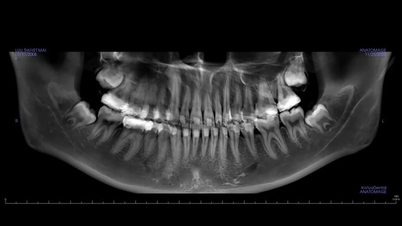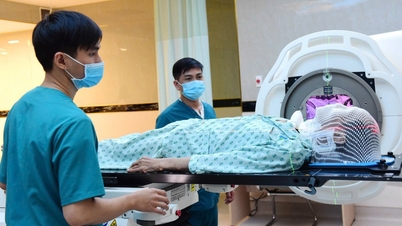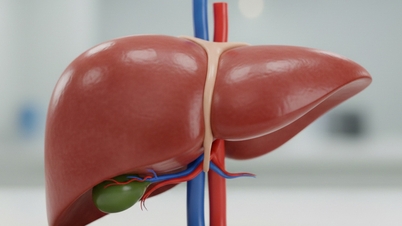However, the disease – caused by the immune system attacking the nerves of the brain and spinal cord – can seem a bit obscure.
But it's important to be alert to the early signs of MS; with treatment, many people live happy lives.
There are many potential symptoms of MS, but experts say one is more common than the others.
1. Vision problems
 |
| Shutterstock |
Optic neuritis tends to be the most common symptom of MS. |
Optic neuritis tends to be the most common symptom of MS, according to Thomas Shoemaker, MD, a neurologist and MS specialist with Rush Multiple Sclerosis Center, according to Eat This, Not That!
Your eyes may hurt with movement, your vision may be blurred, or you may not see colors. (Red and green are often distorted.)
This usually happens in only one eye.
Fortunately, this is treatable and often correctable with medication.
2. Numbness or tingling
 |
People with multiple sclerosis may have less feeling in their arms or legs, may feel sleepy, or their face may become numb. |
According to the National Multiple Sclerosis Society (USA), numbness or tingling in the face, body, arms or legs is a common first sign of MS.
People with MS may have less feeling in their arms or legs, may feel sleepy, or their face may become numb.
3. Problems with balance
“Difficulty walking, also known as gait disturbance, is one of the more common symptoms reported in people with MS,” says the Multiple Sclerosis Foundation.
"Balance problems can lead to an unsteady gait, swaying from side to side. This is what some people call a 'drunken' walk."
This is due to a condition called ataxia, when the part of the nervous system responsible for voluntary muscle movement is impaired.
4. Fatigue
According to the National Multiple Sclerosis Society, about 80% of people with MS experience fatigue. MS-related fatigue tends to occur daily and can occur even after a restful night's sleep.
It can come on easily, suddenly, and often gets worse as the day progresses, affecting a person's ability to work and perform daily activities.
5. Stiffness
Stiffness in the body (also called spasticity) is another common sign of MS.
Muscles throughout the body can be strained, commonly the legs, groin, buttocks, and back.
This happens because MS damages the nerves in the brain and spinal cord that control muscle movement and reflexes.
The stiffness can be mild or it can take the form of uncontrollable spasms. Fortunately, there are a number of treatments available, from physical therapy to medication, according to Eat This, Not That!
Source: https://thanhnien.vn/5-dau-hieu-to-cao-ban-co-the-bi-da-xo-cung-1851466241.htm




































![[Photo] National Assembly Chairman Tran Thanh Man attends the VinFuture 2025 Award Ceremony](/_next/image?url=https%3A%2F%2Fvphoto.vietnam.vn%2Fthumb%2F1200x675%2Fvietnam%2Fresource%2FIMAGE%2F2025%2F12%2F05%2F1764951162416_2628509768338816493-6995-jpg.webp&w=3840&q=75)







































































Comment (0)